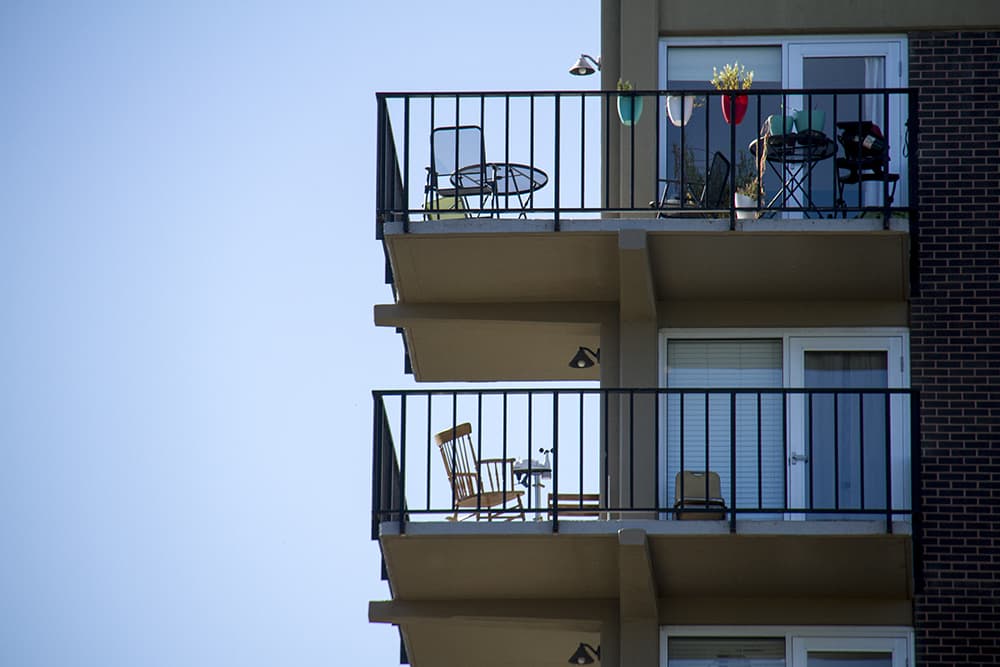
"As far as the licensing, I fully expected that stuff was going to eventually happen," said Chris Meiners, who has previously listed properties on Airbnb. "Any sort of income usually becomes regulated in some way."
And so it has. Denver is mere days away from its Jan. 1 licensing deadline for short-term rentals such as those on Airbnb, VRBO and more.
The newly created license requires people renting out their spaces to first get a lodger's tax ID, then an occupational privilege tax ID, before finally getting the short-term rental license. Then hosts are required to collect the 10.75 percent lodger’s tax from guests. So how many people have followed through on that?
Over the past six months, many have watched as first 11, then almost 200 and now at least 400 people have completed the short-term rental license process with the city.
Naturally, that's far, far fewer registrations than there are short-term rentals. Colorado Public Radio found a little more than 2,500 hosts listing 3,160 units in their most recent scrape of Airbnb's data.
Nor do registrations alone reflect full compliance with the new law. A cursory scroll through city listings on Airbnb indicates that few have fully abided by Denver's terms, specifically the city's requirement to include the license number in each online listing.
And yes, "Fines could result from something as simple as repeatedly failing to note a city license number on a listing," the Denver Post reports. Citations and violations will start "with a warning and then escalate from $150 to $500 and a maximum $999 for repeated violations."
As always, a bit of context is merited. The Denver Post further notes that it took Portland about two years to reach a 20 percent compliance rate. In San Francisco, after a year, only around 23.4 percent of hosts have registered with the city.
And who knows, the city could get a boost in compliance should Airbnb begin to collect the new taxes directly from its site, as it has agreed to do in Boulder recently.
Airbnb Spokesperson Laura Rillos didn't rule it out.
"We continue to have productive conversations with the City of Denver
about collecting and remitting taxes and hope to reach an agreement
like we have done in more than 200 communities around the world," Rillos said via email.












